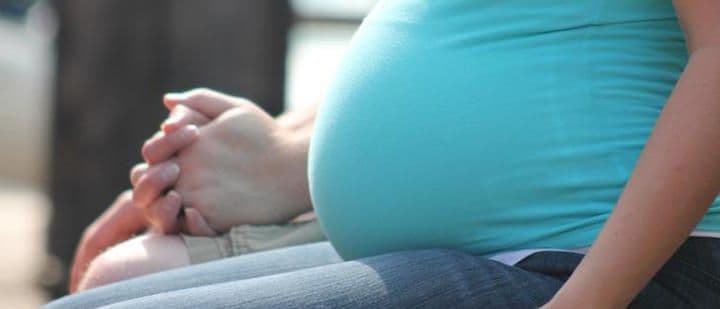Pregnant and No Cramps or Spotting: Is That Normal?
Pregnancy Symptoms
Obie Editorial Team

Q: I have heard that many women have had cramps and spotting but I haven't had any yet. Do all pregnant women have spotting or cramps? Also, what if I start to get cramps and spotting? How will I know if it's normal?
A: No, the short answer is that spotting, cramps, or implantation bleeding are not necessary for a healthy pregnancy. In fact, most pregnant women do not have spotting or cramping when they are pregnant. Pregnancy is such an individual process for each individual woman. Every woman experiences pregnancy in their own unique way. You should never feel that you have to have all the symptoms that you read about, or that there is something wrong if you have very little symptoms.
However, keep in mind you may still experience some cramps and/or spotting at some point. If you do, that may be completely normal too. There are many reasons why women have cramps and spotting in the first trimester that you should be aware of.
Implantation cramping
Some women will experience cramping upon implantation. Implantation usually occurs 8-10 days after ovulation. You should not experience implantation cramping after a positive pregnancy test. However, many women have experienced cramping only to find that they are indeed pregnant shortly thereafter.
Stretching uterus
As your body prepares for the baby, your uterus will stretch and expand. The ligaments that support the uterus will stretch which may cause mild cramps.
Miscarriage
Cramping during early pregnancy, especially accompanied by spotting or bleeding, is a warning sign of a possible miscarriage.
Ectopic pregnancy
An ectopic pregnancy is a serious condition and requires immediate medical attention. Signs of an ectopic pregnancy include cramping and abdominal pain (particularly on one side), spotting, or bleeding.
Other causes
Constipation or gas pains. Pregnant women often have problems with constipation and this can lead to uncomfortable cramping as well.
What should you do if you start spotting?
Spotting is usually noticed as a blood spot or two, or more. Spotting can occur for many reasons, ranging from normal to abnormal. Pregnancy spotting is common in early pregnancy, occurring in about 1 out of 2 pregnancies, and most go on to be normal.
When is spotting a cause for concern?
However, any time you have pregnancy spotting, you should contact your doctor or midwife immediately. There is no circumstance that this should be left unreported. Your doctor or midwife may place you on bed rest or ask you to relax a bit for a few days to see if the pregnancy spotting continues. If the pregnancy is nearing an end and pregnancy spotting continues with cramping and back pain, it could be a sign of labor.
Is spotting during pregnancy an emergency?
When spotting starts lights and turns into bright red bleeding, it is important to seek medical attention immediately. Pregnancy bleeding can be a sign of an emergency situation that could lead to pre-term labor or miscarriage. The emergency room staff will call your doctor, so do not wait for the doctor or midwife to call back if you are having bright red bleeding.
Read More











